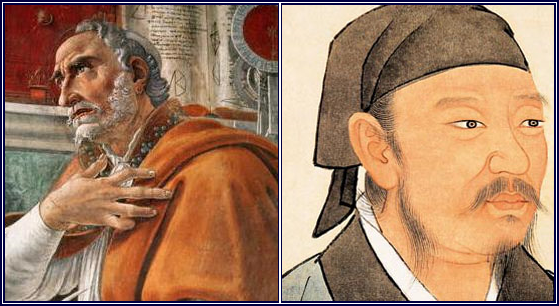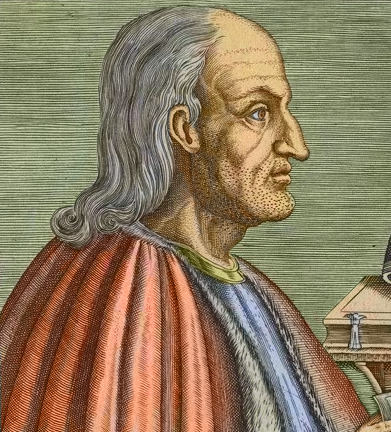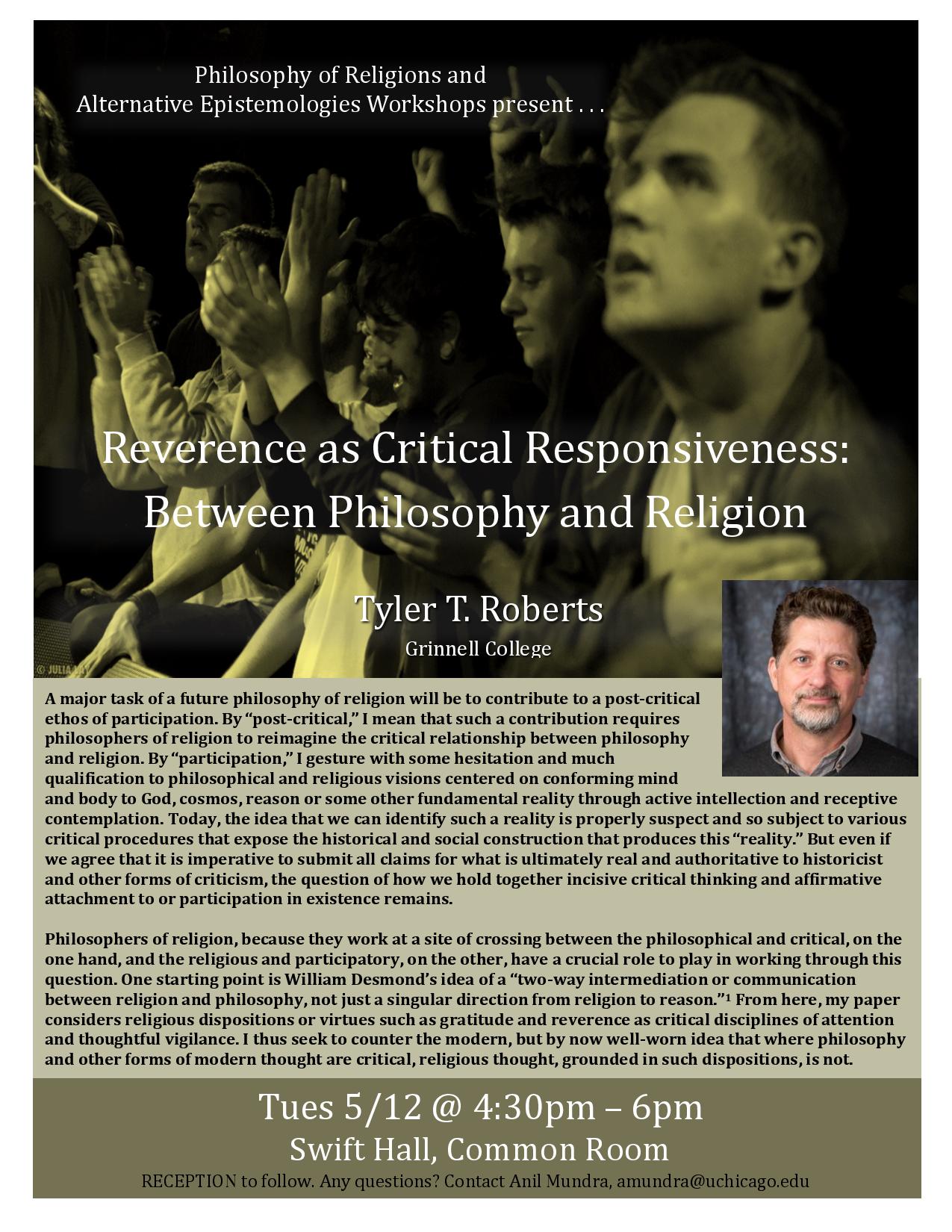Wednesday February 17th, 4:30pm Swift Hall 106

ABSTRACT:
This paper will focus specifically on some fragments which Hegel began while studying at the Stift in Tübingen and likely completed during a visit home to Stuttgart. The question of sacrifice arises at the height of a characteristically dialectical difficulty which the young Hegel has not yet developed a logic to conceptualize. The treatment of sacrifice here indicates certain persistent themes in Hegel’s thought which are sometimes taken to be wholly attributable to the interventions of Hölderlin and Schelling, but which in the context of the Volksreligion Fragment appear some three years prior to the the former, and almost a decade prior to the latter.
The Workshop on the Philosophy of Religions is committed to maintaining itself as a fully accessible and inclusive workshop. Please contact Workshop Coordinator Anil Mundra (amundra@uchicago.edu) in order to make any arrangements necessary to facilitate your participation in workshop events.






